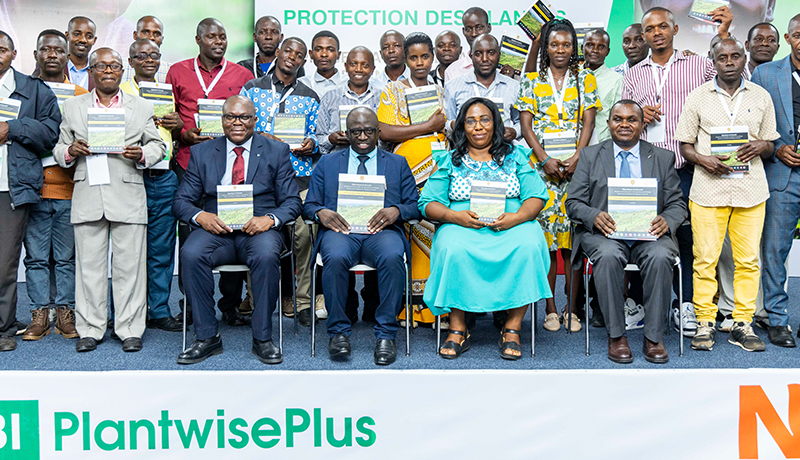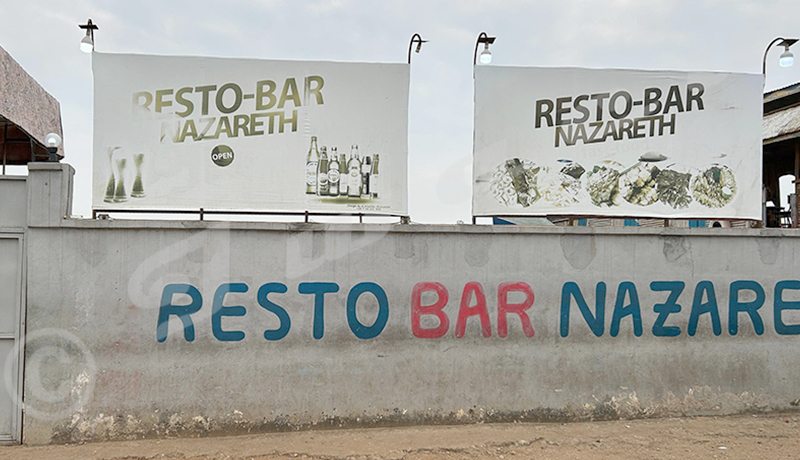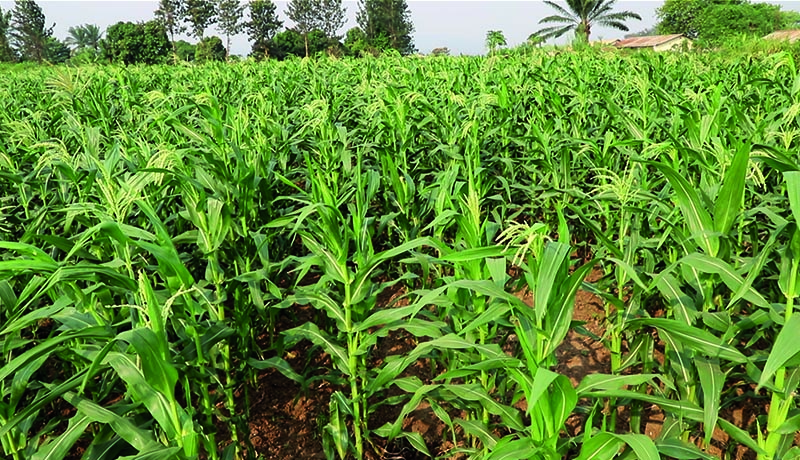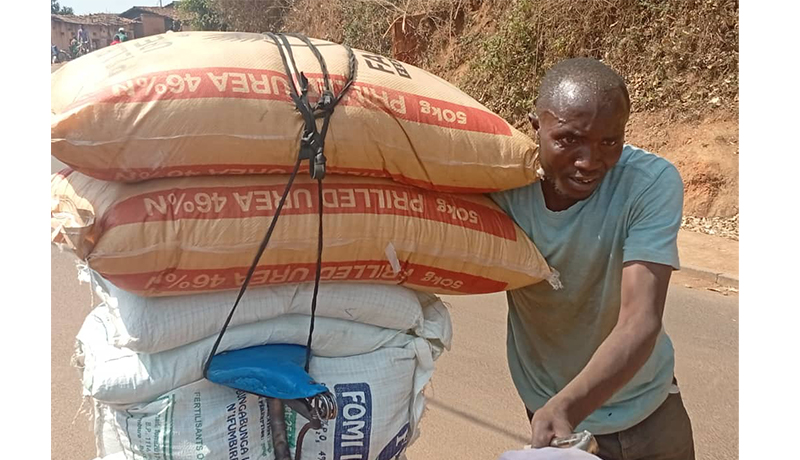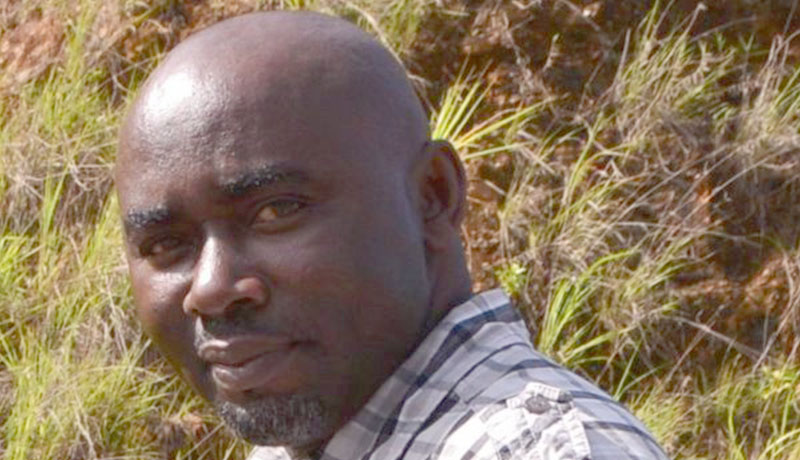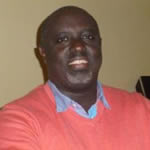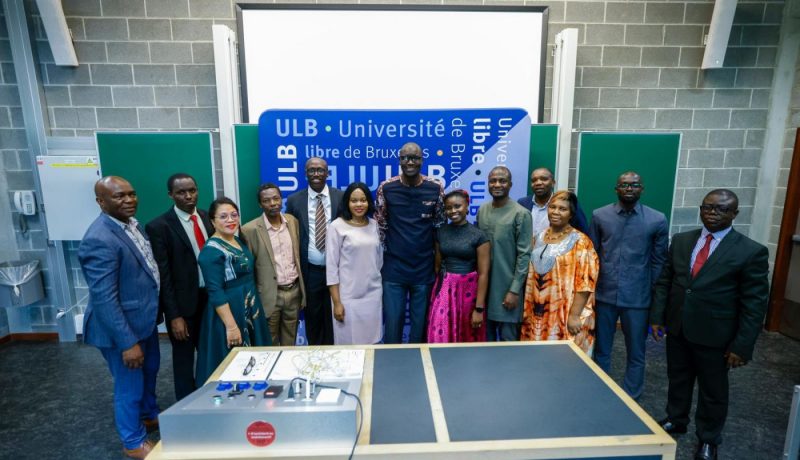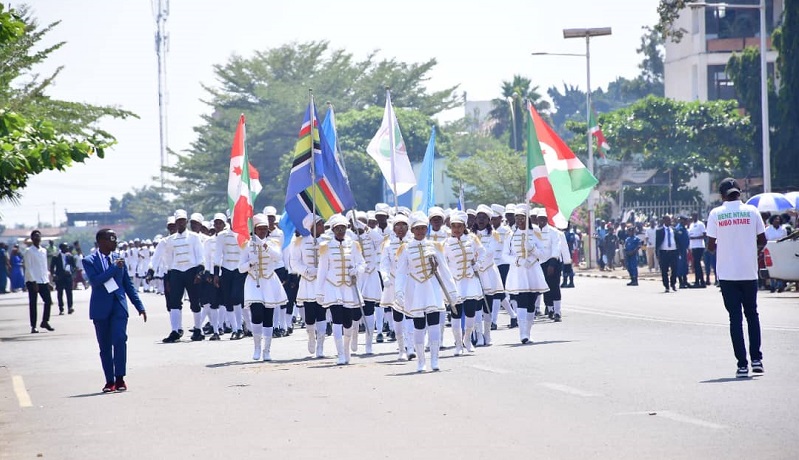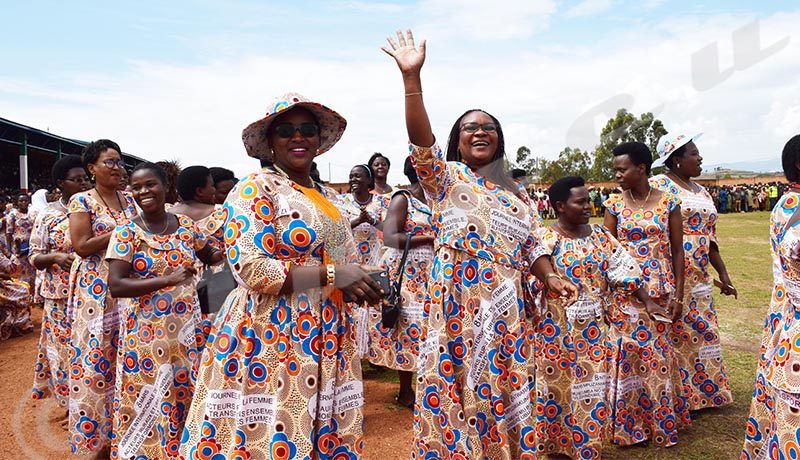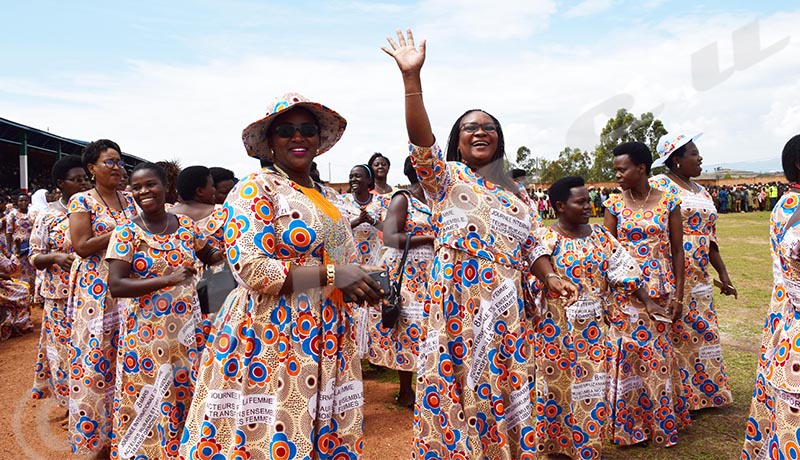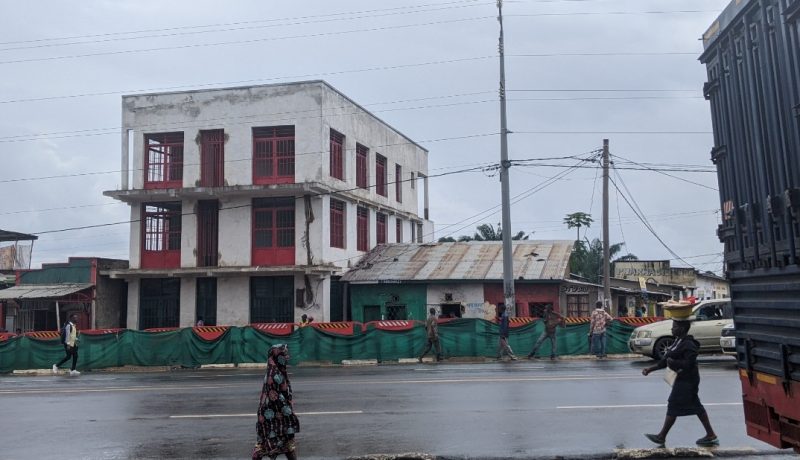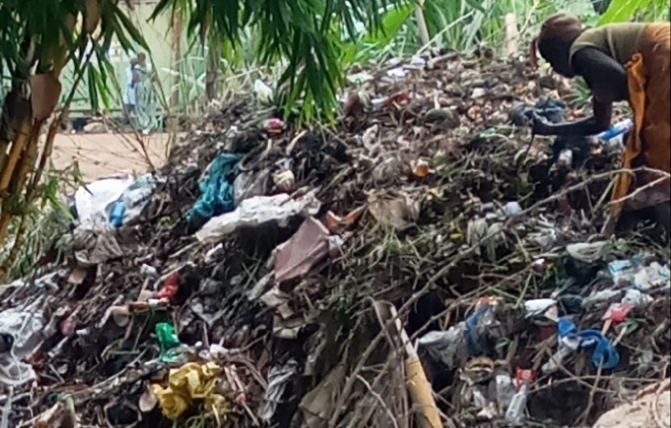BUJUMBURA, BURUNDI –The Burundian minister for EAC affairs in the president’s office, Mrs Hafsa Mossi says that Burundi has been saved from economic isolation upon joining East African Community (EAC).
{By Eugène Rugambwa & Pierre Claver Nsengiyumva}
<doc3388|left>Mrs. Mossi speaking from her Bujumbura office affirms that not only Burundi was saved from economic but also political isolation.
“Because of the war crisis we faced in the past, the whole region had put sanctions on our country and no country wanted to open up economic or developmental activities or allow their citizen to travel to our Burundi; but, when we joined EAC, the sanctions were removed and that saved us from isolation. We now sit at the same table and discuss our future collectively”.
The Minister indicates that Burundi, a landlocked country, was alone but now that it is on board EAC, she intends to sustain the momentum not to fall behind in the process of EAC integration.
“Trade has been worse previously but we are now improving though we still have a long journey to travel; we have suffered long transit times and freight costs. There is a study which has showed that the cost of doing business is 50% higher than that of United States of America in landlocked countries, so it is a chance to explore the benefits of joining regional blocs like EAC, SADC and COMESA,” She said.
With negotiations going on between EAC bloc and other regional communities, Mrs. Mossi believes Burundi will benefit a lot given the upcoming action plan that will be covered by US $ 1.9bn and see free trade zone area installed in the region.
She said that despite challenges in Burundi, the country has now begun focusing on growth and many development projects are coming up; reforms have also taken place in various sectors which would favor investment.
The Minister said that her country is taking advantage of the benefits of the Community which include a huge energy project and other projects in development like in infrastructures, especially the construction of regional Railway.
Specifically, Burundi is working on many programs and projects to improve the life of the citizens and to fight unemployment, a phenomenon that has hit the whole world due to global crisis.
Also, the Minister says that her ministry has got a budget to improve Burundi’s image into the region and internationally.
“There is a lot to do. We need really to work on improving the image. Many people know the past poor and bad image but things have changed and there is a lot of good and success stories for the world to know,” Mrs. Mossi said in an interview.
She also said that Burundi’s ministry of commerce has done a great deal of tourism promotion as far as Berlin in Germany but still a lot is needed to improve.
She adds that it was a good step for Burundi to join the EAC even though there are yet challenges to confront.
Burundi is ranked among the 10 best reformers to attract investors and to do thanks to the investment promotion agency, to changes in investment laws and to a shorter time in registering one’s business.
The Minister announces that a one stop center will now be handling all the investments, from starting and registering a business in not more than three hours while it took 2 to 3 months to start up a business previously.
Burundi’s investment promotion has been asked to facilitate whoever wants to begin a business and even do a follow-up to the upcoming entrepreneurs.
Reconstruction efforts in Burundi started to take effect after 2006. The UN shut down its peacekeeping mission and re-focused on helping with reconstruction.
Toward achieving economic reconstruction, Rwanda, the Democratic Republic of Congo and Burundi restarted The Great Lakes Countries Economic Community. In addition, Burundi, along with Rwanda, joined the East African Community in 2007.
As of 2008, Burundi was projected to have an estimated population of 8,691,005 people. This estimate explicitly takes into account the effects of AIDS, which has a significant effect on the demographics of the country.
Burundi’s largest sector is agriculture, which accounted for 58% of the GDP in 1997. Subsistence agriculture accounts for 90% of agriculture.
The nation’s largest source of revenue is coffee, which makes up 93% of Burundi’s exports. Other agriculture products include cotton, tea, maize, sorghum, sweet potatoes, bananas, cassava (tapioca); beef, milk, and hides.
Some of Burundi’s natural resources include uranium, nickel, cobalt, copper, and platinum; these resources are not yet exploited.
Besides agriculture, other industries include assembly of imported components, public works construction, food processing, and light consumer goods such as blankets, shoes, and soap.
Burundi is part of the East African Community and a potential member of the planned East African Federation.
